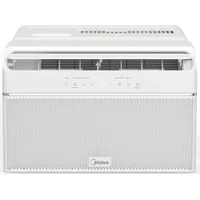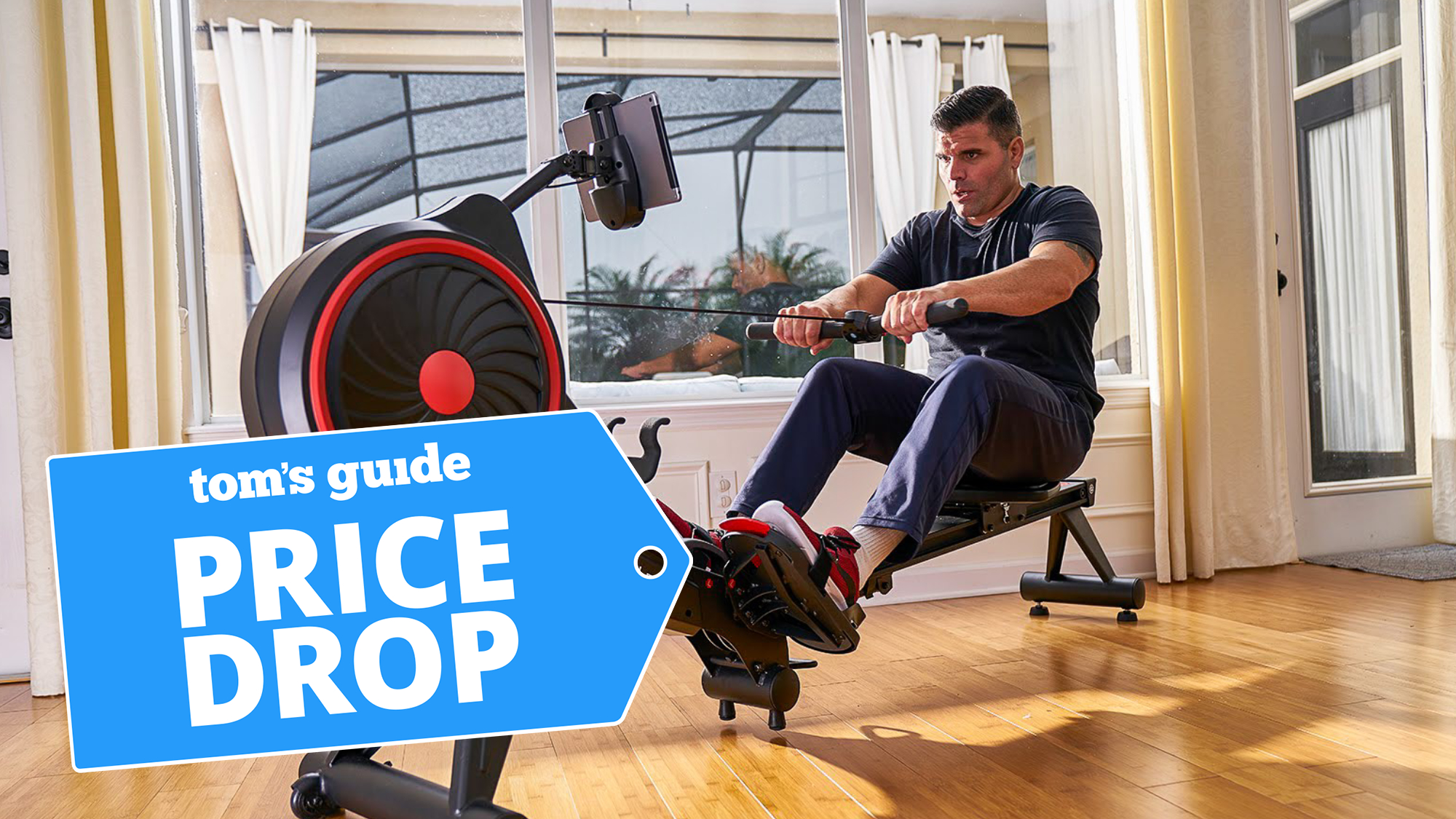Should you close HVAC vents in unused rooms? Experts say no, and here's why
Let the air flow
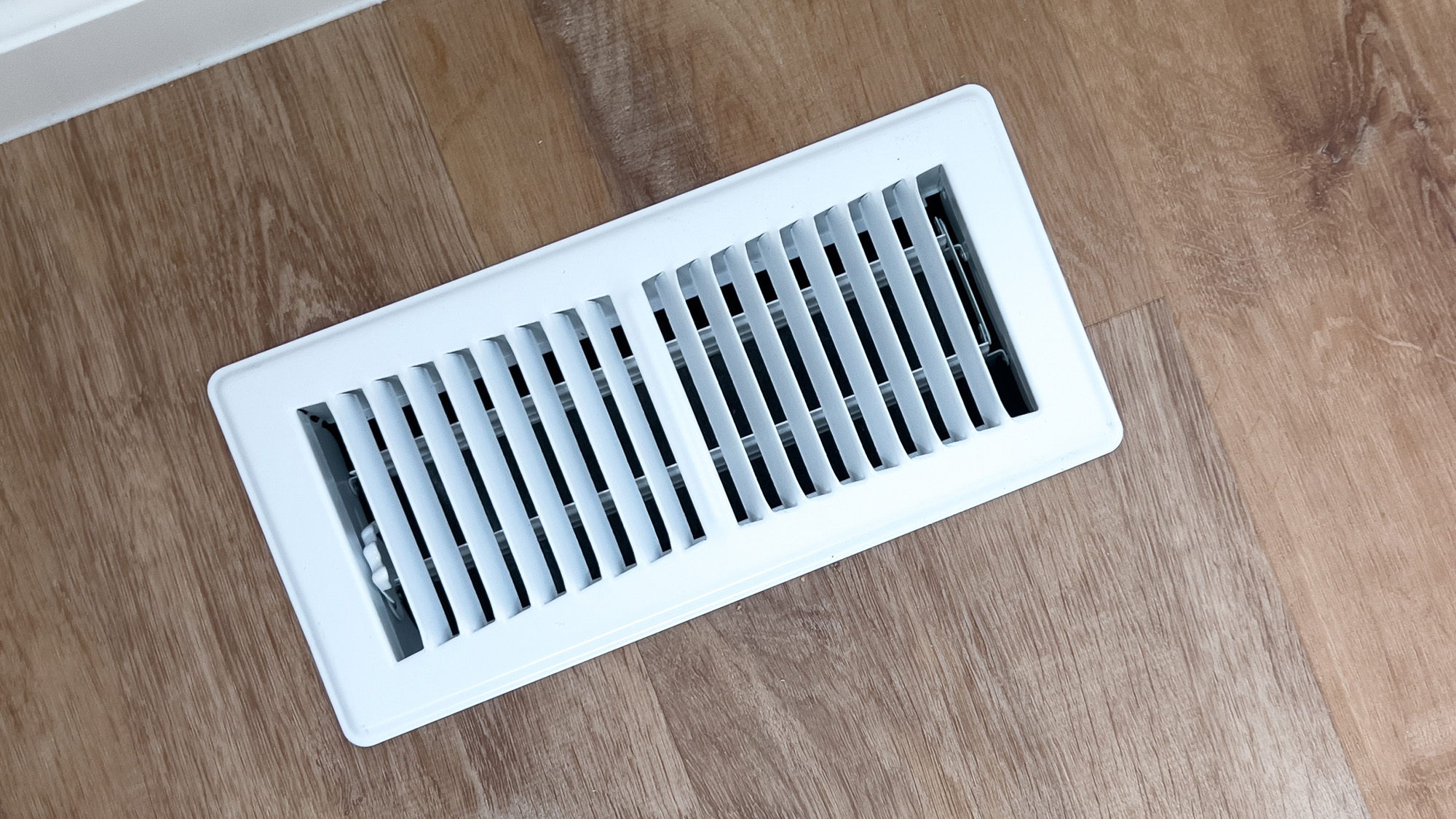
With cooler weather arriving, your HVAC system, which kept your home cool in the summer, is now switching to heating mode and blowing warm air throughout your home. At a time when we are all more conscious about saving energy and reducing our utility bills, it’s worth knowing how to get the most out of our systems.
One line of thought is to keep vents closed in unused rooms, such as a that guest bedroom or dining room, which is used only occasionally. This seems perfectly logical to me — why heat a room that you don’t use? However, the truth may surprise you. In fact, HVAC experts advise against it.
So, why does it make more sense to keep all of your vents open?
Keep your HVAC vents open
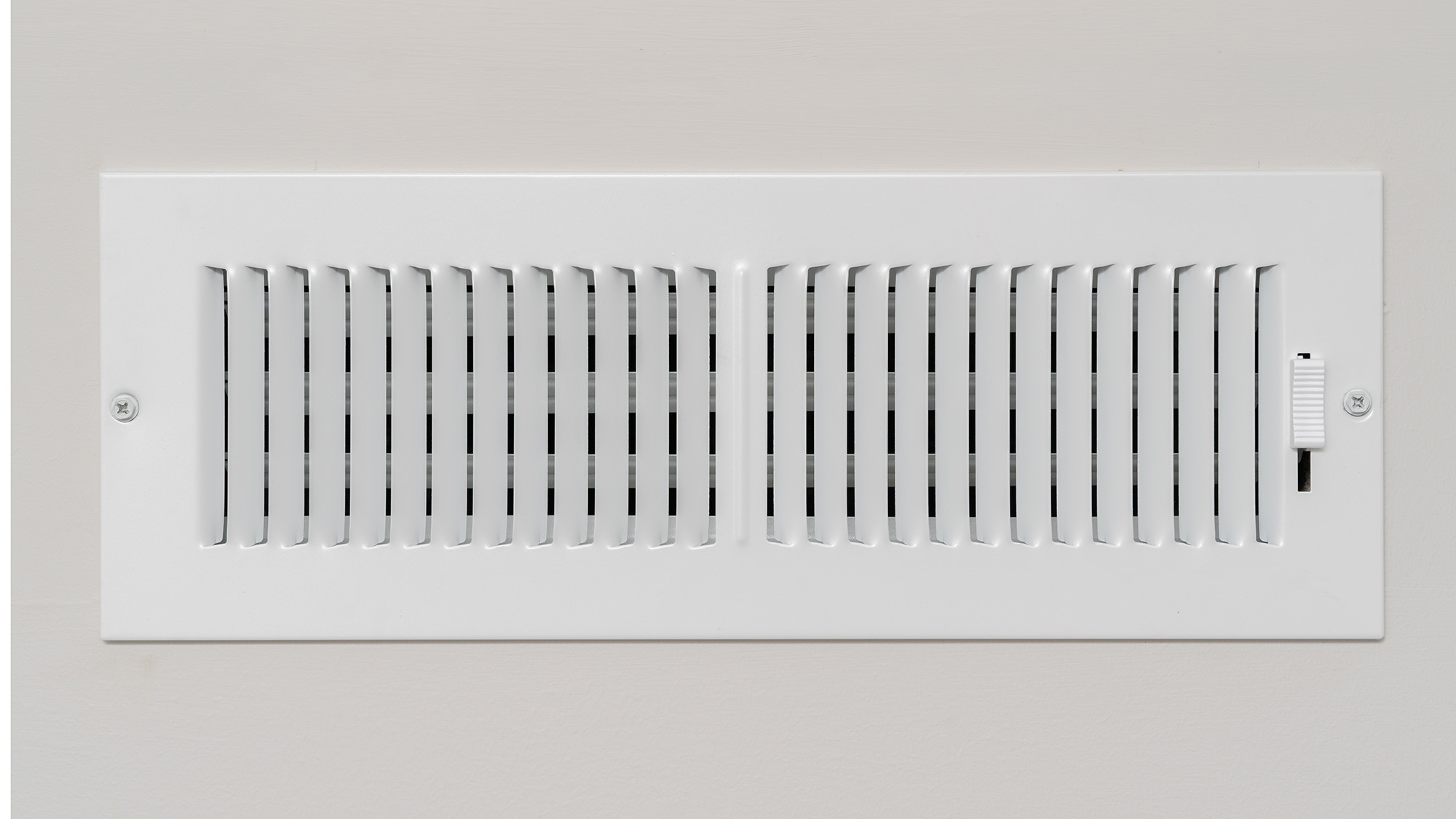
It may seem as if it goes against logic, but there are several reasons why it doesn't make sense to close vents, even in rarely used rooms.
“Contrary to a common misconception, closing vents in unused rooms can create pressure issues for your system, forcing it to work harder and potentially leading to damage,” says Micah Sherman, virtual HVAC expert at American Home Shield.
Your HVAC system is out under more strain
“The air ends up building up at those vents and causes extra pressure, which can actually damage your system,” explains Eli Zimmer, director of operations at Luxaire HVAC Services. “Your system may actually work even harder to try to get air through those vents, amplifying the pressure and becoming a hazard.”
The science is relatively simple. Richie Drew, vice president of Operations at One Hour Heating & Air Conditioning, explains that the amount of cubic feet of air that passes through the HVAC system per minute has to be returned to the system, and that closing off vents disrupts that airflow.
Get instant access to breaking news, the hottest reviews, great deals and helpful tips.
He explains, “The air duct system is designed to match the output and input of the unit in terms of airflow. The key to efficiency is to have the air to flow evenly through the home and the system, maintaining the right static pressure.”
And he adds that airflow is also disrupted when furniture or appliances cover vents or grills, which can cause the ductwork to sweat, leading to unwanted moisture issues. What’s more, “If airflow is restricted enough, the coil can actually freeze, damaging the system.”
So, despite thinking that closing vents will make your system more efficient and save you money, HVAC experts say the reverse is true.
It unbalances the system
Sherman explains how an HVAC system works and why closing vents in unused rooms is a bad idea. “Your HVAC system is designed to heat or cool your entire home based on its original setup. Restricting airflow by closing vents throws off the system’s balance, leading to inefficiency and possible damage.”
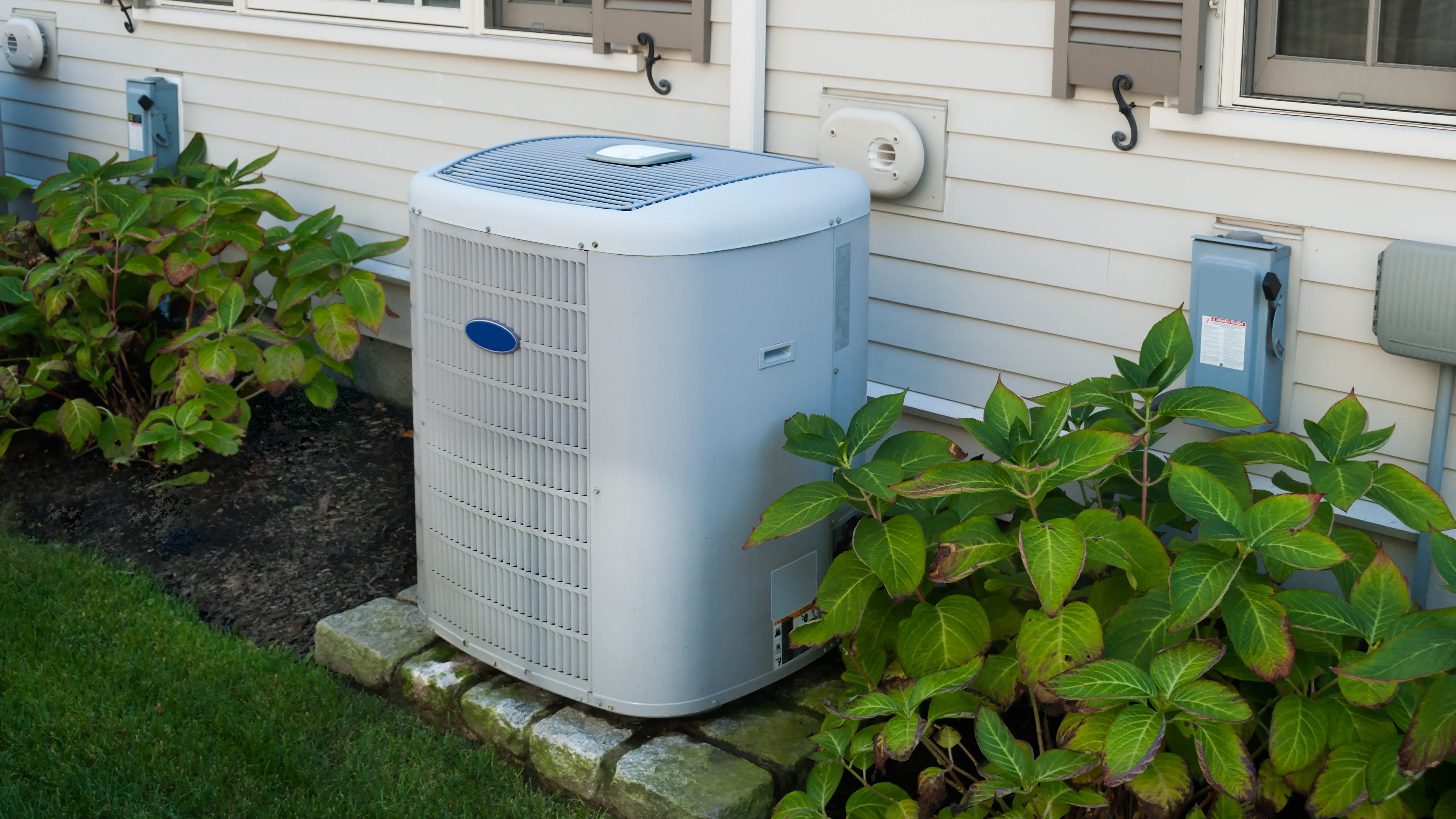
The blower motor and compressor have to work harder
And he adds, “When you close vents, the system’s blower still tries to push the same amount of air through fewer open vents. This raises the pressure in the ducts, making the blower motor work harder to move air.”
And he adds, “If your system uses a variable speed blower, it will ramp up to maintain airflow, consuming more energy. While for fixed speed blowers, the lack of airflow can cause the system to overheat or freeze up, depending on the season.”
This all puts a lot of stress on the HVAC system. “Higher static pressure means the blower fan and compressor must push harder to maintain airflow, which can shorten their lifespan and increase operating costs,” says Bert Miskell, owner at BPM Heating, Cooling & Plumbing.
It may also cause your system to short-cycle — turning on and off frequently.
Extra pressure can cause leaks in the ductwork
Jordan Benjamin, president of Done Rite Services, also adds that, apart from the buildup of pressure in the system, closing some vents can cause leaks in the ductwork and connections, while also creating uneven temperatures in your home.
The Midea U Inverter Window Air Conditioner gets its name from its unique "U" shape. There's a large slot in the middle of this smart air conditioner, which allows you to slide your window up and down. When tested, it came out as the best smart air conditioner, which is why it takes the top place in our buying guide.
What to do if you want to close off areas of your home
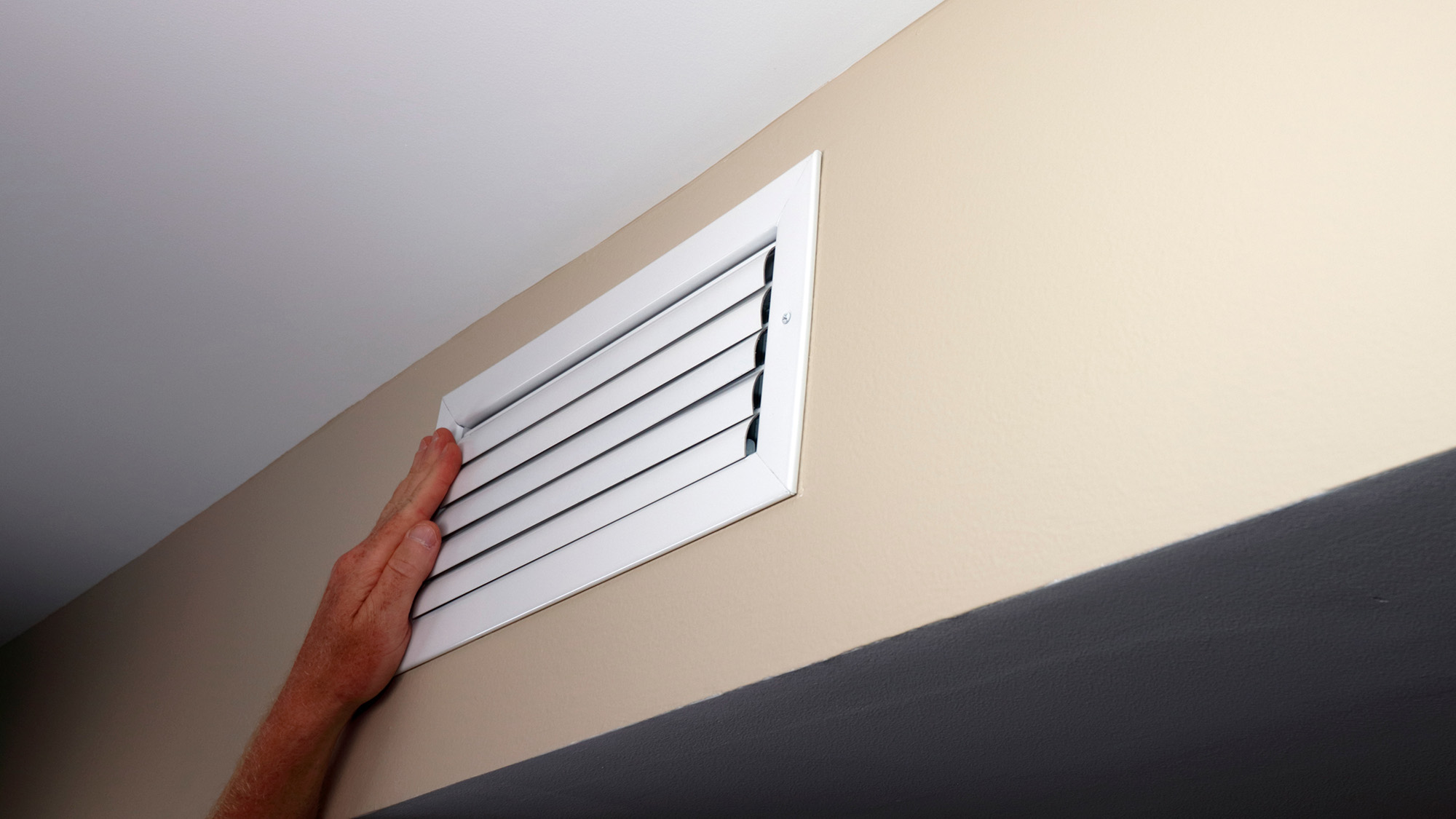
The general advice is to keep all vents in your home open. However, if you do want to close off sections of your home, Tim Algaushove, COO at IRBIS Air, Plumbing & Electrical, recommends speaking with an HVAC technician about installing a zoned system.
“When set up properly,” he says, “HVAC zoning can help you control specific areas of your home independently from each other. Your HVAC provider can also help you understand how to use this type of system efficiently and achieve your specific goals.”
How to keep your HVAC system running efficiently
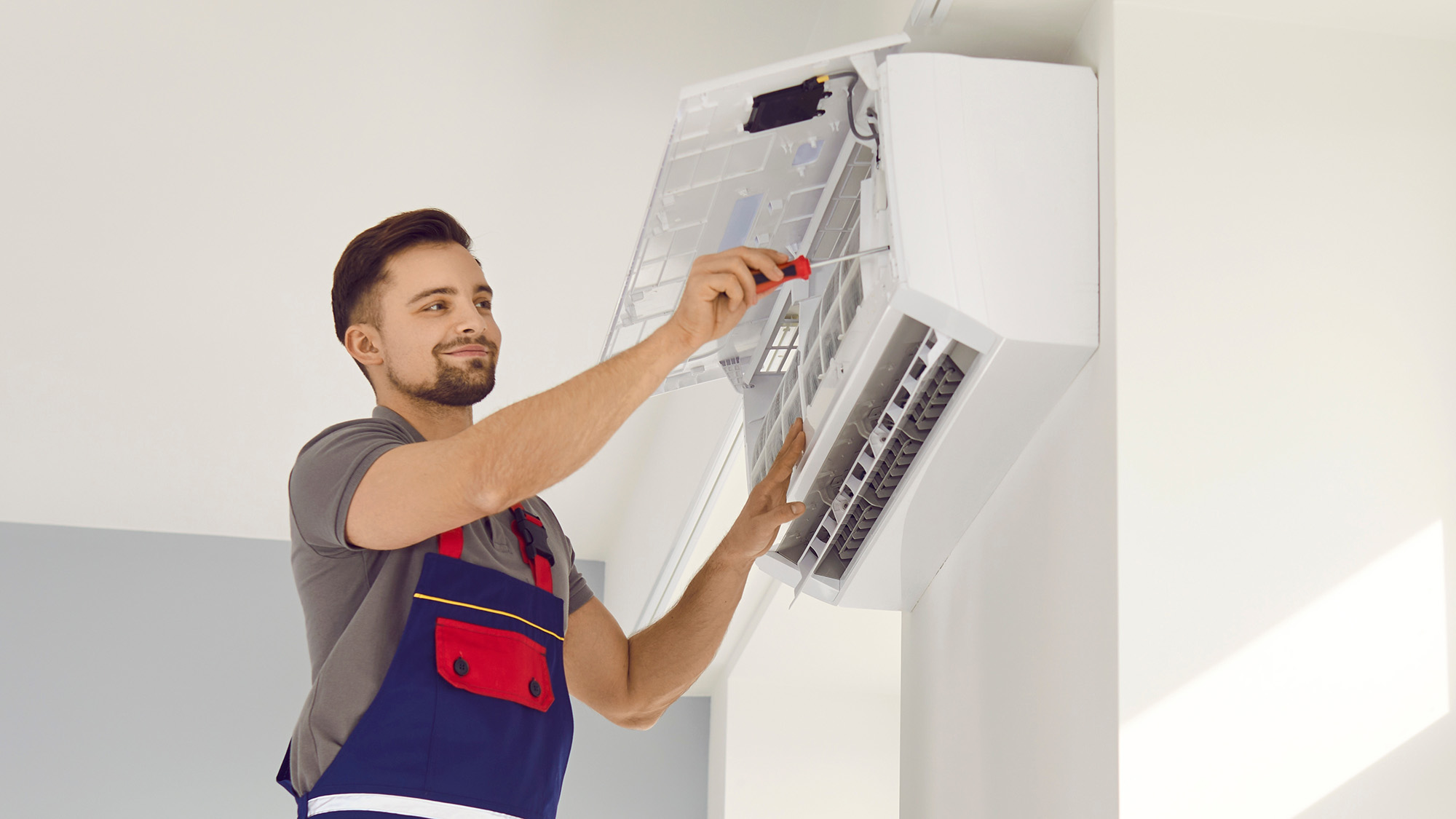
There are a few key steps to follow to ensure your HVAC system runs efficiently and to maximize its airflow potential.
Annual service
Aside from booking an annual service with a professional, which will ensure the indoor and outdoor coils are cleaned, any outside debris is removed, and the drain lines are clear, you can also complete some fixes yourself.
Keep your vents open
Keep your vents open and ensure the airflow is clear, without any furniture or other obstacles blocking them. Sherman advises keeping rugs, furniture, and curtains away from vents, as they can “impede airflow, increase energy costs and potentially allow mold to develop in humid areas.”
Open your doors
Zimmer also suggests leaving the doors open to unused rooms (not just the vents). “When warm air comes through the open vents, it doesn’t get trapped in those rooms and wasted,” he says.
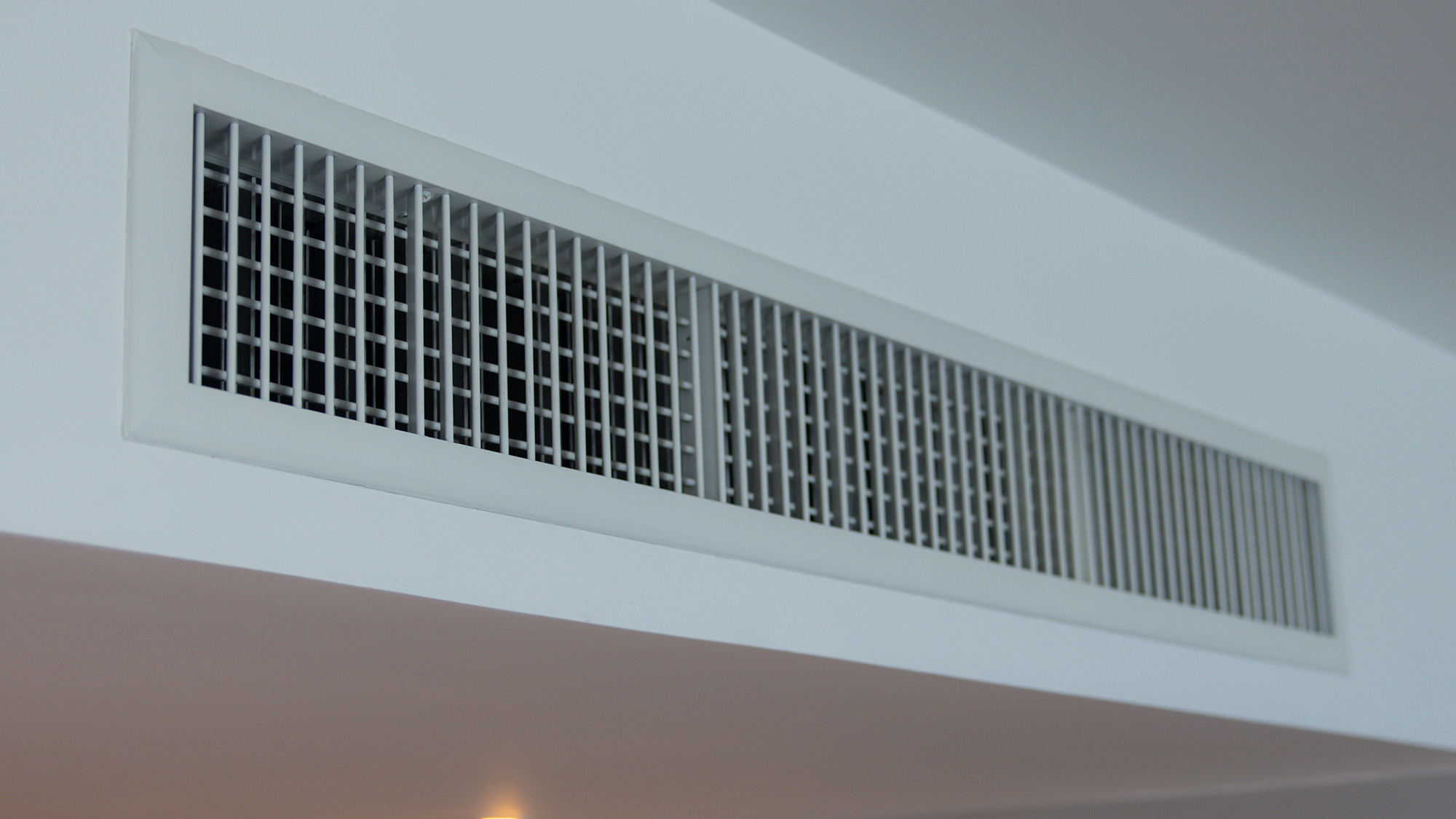
Clean your vents and change your air filters
Regularly cleaning your vents and changing your HVAC’s filter will also ensure your system runs efficiently. Drew recommends changing the air filters every 30 days. However, do check the guidelines for your HVAC system, as they may last for three months.
Check the seals
It’s also worth making a point of regularly checking the amount of air coming out of each vent. “If you notice significantly less air coming out of a vent than it used to, or a room no longer cools or heats as well as it used to, a duct may be torn and need to be sealed,” says Sherman.
Follow Tom's Guide on Google News and add us as a preferred source to get our up-to-date news, analysis, and reviews in your feeds. Make sure to click the Follow button!
More from Tom's Guide
- Air conditioner vs. heat pump: Which is best for your home?
- Mold could be hiding in your AC — an expert shares how to protect your health
- Best smart air conditioners in 2025

Camilla is the Homes Staff Writer and covers everything to do with homes and gardens. She has a wealth of editorial experience, mounting over 30 years, and covers news and features, tests products for reviews and compiles buying guides.
Her work has appeared in business and consumer titles, including Ideal Home, Real Homes, House Beautiful, Homebuilding & Renovation, and Kitchen & Bathroom Business. She’s even appeared on the cover of Your Home, writing about her own house renovation.
Although she’s obsessed with decorating her home, she also enjoys baking and trying out the latest kitchen appliances. But when she’s not inside, you’ll find her pottering about in her yard, tending to her vegetable patch or taking in her prized hydrangeas.
You must confirm your public display name before commenting
Please logout and then login again, you will then be prompted to enter your display name.
 Club Benefits
Club Benefits





